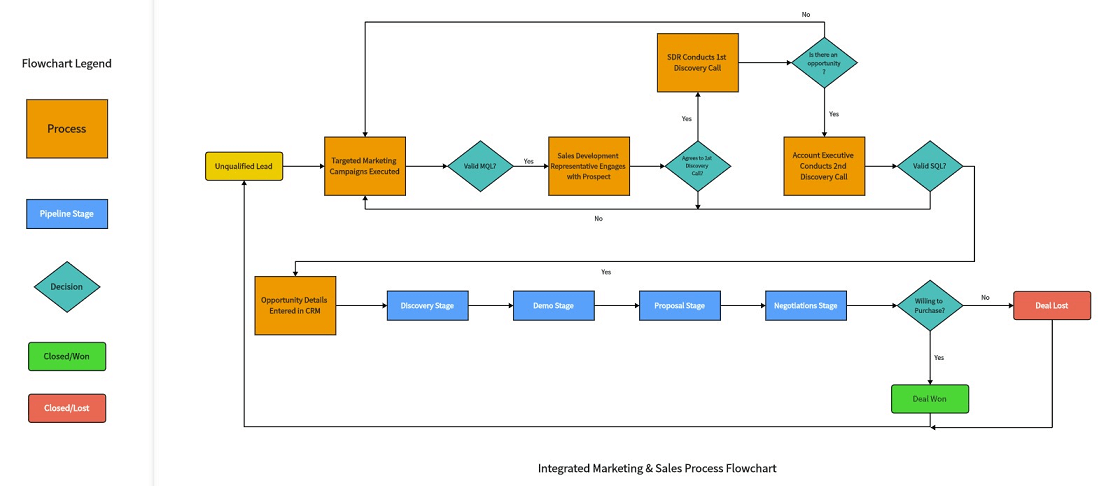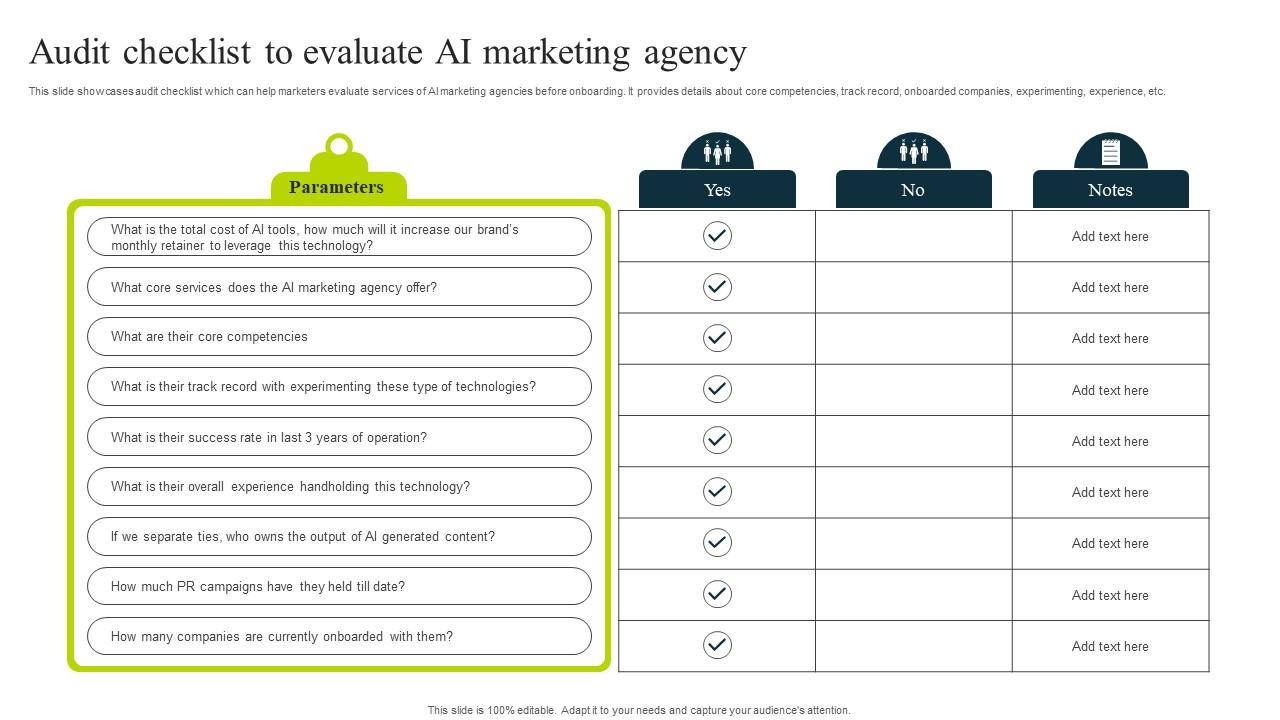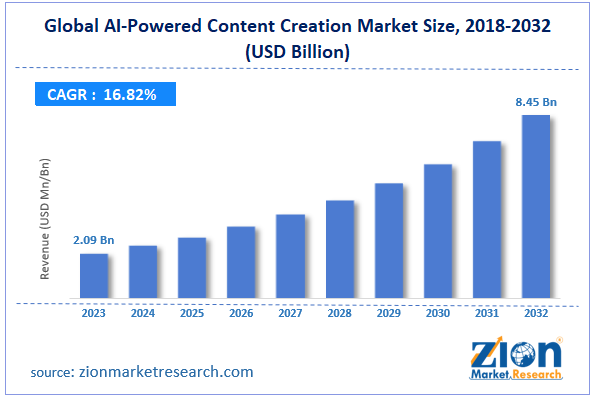Understanding the Impact of AI on Content Creation
As a content creator or brand manager, you need to grasp the effects AI writing tools can have on your workflow. These tools can enhance your efficiency, allowing you to generate content quickly and at scale. However, relying heavily on AI comes with risks. One major concern is the potential decline in your writing skills due to over-reliance on these tools. Experts have highlighted that as you lean more on AI for content creation, you might find yourself engaging less in the nuanced writing that characterizes your brand's unique voice.
Additionally, AI-generated content often adheres to patterns that are statistically probable, leading to content that may lack originality. According to Marketing Babylon, AI outputs tend to reinforce the average rather than push creative boundaries, which can result in missed opportunities for innovation.
Understanding these risks will empower you to harness the benefits of AI while maintaining the distinctive character of your brand's voice and story.
An infographic illustrating the pros and cons of AI in content creation, showcasing both the benefits and drawbacks of utilizing AI tools (Source: Squarespace)
Setting Ethical Standards for AI Utilization
Incorporating AI into your content creation processes requires a strong focus on ethical standards. Transparency is vital; research shows that 63% of consumers want to know when they are engaging with AI-generated content. This finding underscores the necessity for open communication about how your organization employs AI.
Data privacy is another critical consideration. You must ensure that your AI practices comply with regulations such as GDPR and CCPA by securing customer data and obtaining necessary consents.
Equally important is the need to guard against bias in AI-generated content. AI systems can unintentionally perpetuate biases found in their training data. Consequently, you should regularly review AI outputs to confirm that they do not reinforce stereotypes or marginalize specific groups.
By institutionalizing these ethical considerations, you not only improve the accountability of your content but also foster trust among your audience.

A bar graph showcasing consumer expectations surrounding transparency in AI-generated content, emphasizing the demand for awareness on AI usage (Source: Iapp.org)
Training AI to Reflect Your Brand’s Voice Effectively
An essential step in leveraging AI writing tools is effectively training these systems to replicate your brand's distinctive voice. Start by developing comprehensive brand guidelines that detail your preferred tone, style, vocabulary, and audience insights. These guidelines ensure that the AI can understand and consistently apply your brand's attributes.
Provide high-quality, existing content as training material for the AI. The more varied and representative the training data, the better the AI can learn to mimic your brand's voice accurately. Regularly implement iterative refinements by involving your team in a back-and-forth process that fine-tunes the AI’s outputs.
Furthermore, advanced AI tools often offer customization options that help define brand-specific characteristics. By adopting these practices, you can ensure that AI-generated content remains in alignment with your brand identity, thereby preserving authenticity in the face of automation.

An example of a brand voice guideline chart that outlines tone, audience, and nuances crucial for training AI to maintain brand integrity (Source: Content Marketing Institute)
Maintaining Brand Authenticity in an Automated World
To successfully integrate AI into your content strategy without losing brand authenticity, you should begin with creating effective prompts tailored to your brand voice. This step is essential for ensuring that all generated content aligns with your values and resonates with your target audience.
Human oversight remains crucial in this process. Always implement a review system that guarantees consistency and quality in your AI-generated content. Establish customizable workflows that define requirements for different content types, such as daily social media posts or weekly blogs, ensuring everything produced adheres to your brand’s standards.
By applying these strategies, you can harness the efficiency of AI while keeping your brand’s voice front and center, striking the right balance between innovation and authenticity.

A flowchart visually depicting a customizable workflow for content creation using AI, illustrating the process of integrating AI efficiently while maintaining brand authenticity (Source: Boardmix)
Building Trust With Your Audience While Using AI
Maintaining trust with your audience is particularly important when you make the shift towards using AI in content creation. Transparency about your use of AI is key to building this trust. Communicate regularly about how AI is integrated into your processes, reassuring your audience that quality standards remain high.
Consider adopting educational strategies to inform your audience about the role of AI in your content. This could involve creating resources that explain how AI enhances—not replaces—human creativity.
Moreover, setting up feedback mechanisms will enable you to refine AI outputs based on audience responses, ensuring that your content aligns with their expectations and preferences.

A diagram illustrating the feedback loop between audience input and AI content refinement, demonstrating how audience responses can influence AI-generated outputs (Source: ResearchGate)
Auditing Your AI-Generated Content for Quality and Compliance
Establishing a routine for auditing AI-generated content is crucial for maintaining quality and compliance with your brand values. Regularly verify that your content remains accurate and consistent with your ethical guidelines. Implement fact-checking processes to mitigate the risk of misinformation.
Monitor AI performance continuously to ensure it aligns with your objectives and values. This ongoing evaluation allows you to identify areas needing improvement and ensures that your AI-generated content reflects your brand’s integrity.
Implementing these auditing practices not only enhances the quality of your outputs but also reassures your audience of your commitment to accountability.

A checklist for auditing AI-generated content, featuring visual ticks and markers to assist in ensuring quality and compliance with brand standards (Source: SlideTeam)
Future-Proofing Your Content Strategy in the Age of AI
As you strategize for the future of your content creation, consider the long-term impact of AI on your operations. The role of your team may evolve as AI takes over routine tasks, enabling human creatives to focus on higher-value activities such as strategy and creative ideation.
It's essential to value uniquely human qualities like creativity and empathy as automation becomes more widespread. Furthermore, the capability of AI to personalize content will play a significant role in how effectively you engage your audience.
Stay informed about changing regulations surrounding AI. Preparing for these developments will allow you to establish a resilient content strategy that adapts alongside technological advancements.

A trend graph forecasting the growth of AI in content creation, highlighting the significant increases expected in this sector over the coming years (Source: Zion Market Research)
Conclusion
In the landscape of content creation, AI is a valuable tool that can enhance your efficiency, effectiveness, and audience engagement. However, it is vital to approach these tools ethically and responsibly. By implementing thoughtful practices around brand voice, transparency, bias avoidance, and compliance, you can navigate this space confidently.
Your ability to harmonize automation with ethical standards will protect your brand identity and foster trust with your audience. Remaining adaptable and vigilant will position you advantageously as the content landscape continues to evolve. Remember, the goal is not merely to automate but to enhance the artistry of your storytelling.
By embracing the art of AI writing while honoring ethics and brand identity, you can successfully lead your content strategy into a promising future.

コメント (0)
サインイン ディスカッションに参加するには .